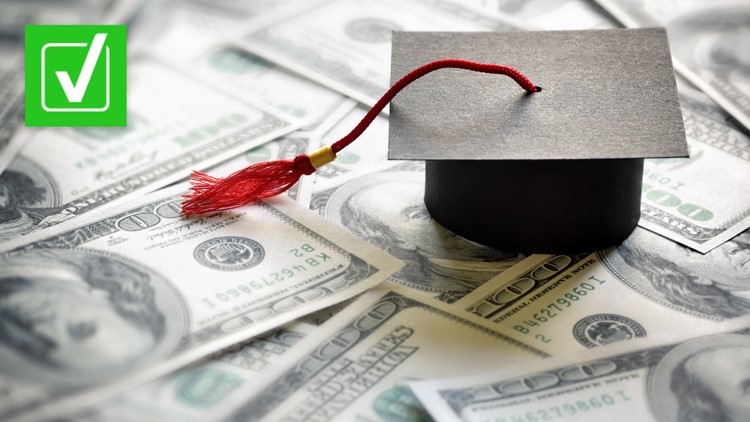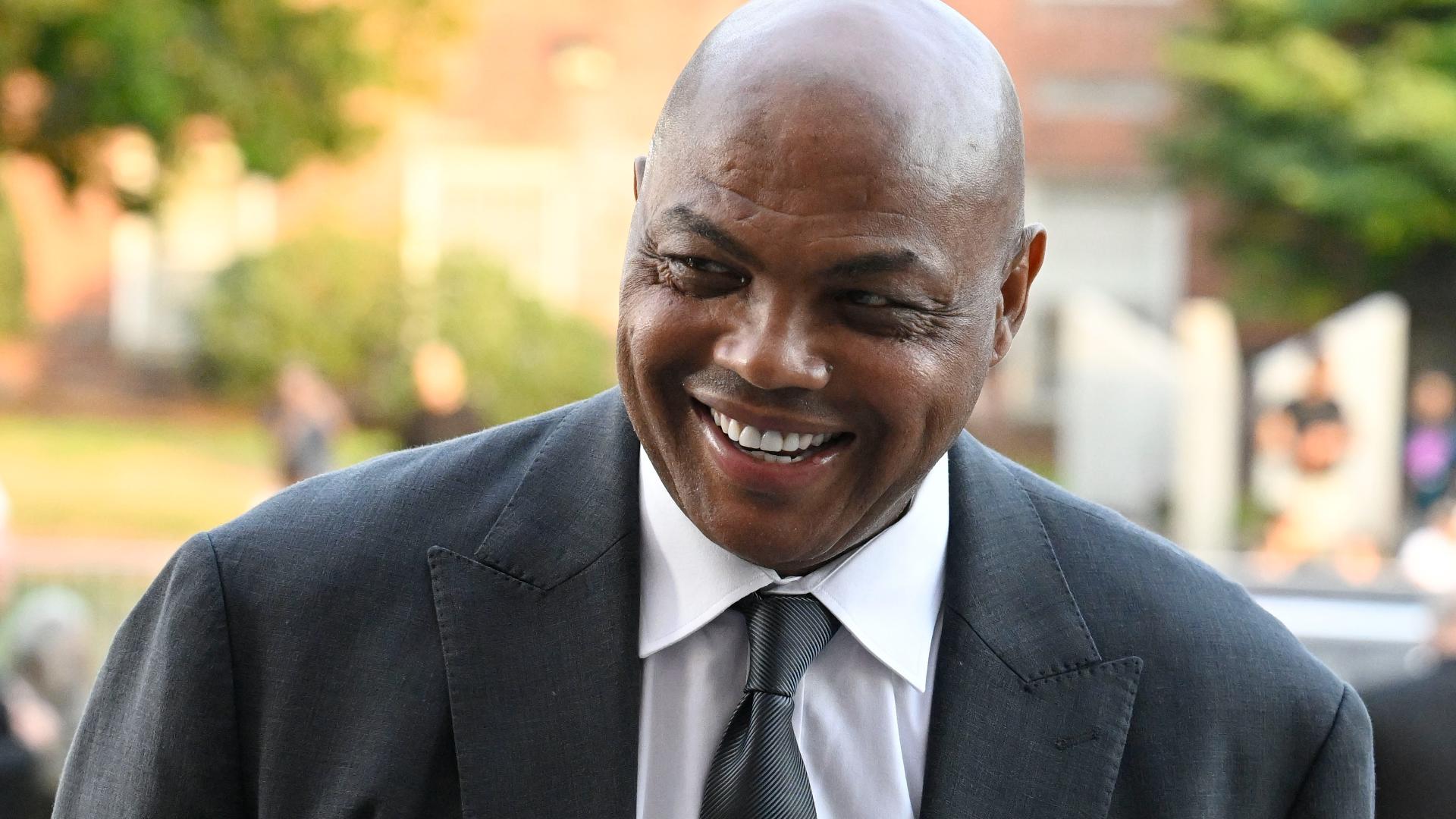UPDATE: Congress passed and President Joe Biden signed a temporary spending bill to keep federal government agencies open through Nov. 17. The original story appears as published below:
A federal government shutdown is imminent if Congress doesn’t pass a funding plan by Sept. 30.
Beginning in October, student loan payments, which were paused for more than three years during the COVID-19 pandemic, are set to restart. Interest on student loans resumed accrual on Sept. 1.
But some people online want to know if student loan payments will still resume if the government shuts down.
THE QUESTION
Will student loan payments restart if the government shuts down?
THE SOURCES
- U.S. Department of Education
- Federal Student Aid, an office of the U.S. Department of Education
- White House
- Betsy Mayotte, president of The Institute of Student Loan Advisors (TISLA)
THE ANSWER
Yes, student loan payments will still restart even if the government shuts down.
WHAT WE FOUND
Student loan borrowers will still be required to pay their loan service providers beginning in October — and interest will continue to accrue — even if the federal government shuts down, according to the U.S. Department of Education, the White House and The Institute of Student Loan Advisors (TISLA), a nonprofit offering free help to student loan borrowers.
During a Sept. 25 press briefing, White House press secretary Karine Jean-Pierre told reporters that “key activities at Federal Student Aid will continue for a couple of weeks” in the event of a government shutdown.
“The Department of Education will do its best to support borrowers as they return to repayment,” Jean-Pierre said.
There could be delays for people who need to consult with or seek help from the Education Department due to the potential of agency furloughs. Students applying for federal aid during a shutdown can expect similar delays because of this.
Officials have pointed to potential disruptions to processing FAFSA applications, disbursing Pell Grants and pursuing public loan forgiveness, for example. As of Sept. 27, the Education Department has not yet released details on how it plans to operate if the government shuts down.
In August, the Biden administration launched the Saving on a Valuable Education (SAVE) plan for student loan repayments. The SAVE plan is a revised version of the previous Revised Pay As You Earn Repayment Plan (REPAYE) IDR plan.
The SAVE plan was designed to reduce borrowers’ monthly payments by half, allow many borrowers to make $0 monthly payments and ensure borrowers don’t see their balances grow from unpaid interest, according to the White House.
The Education Department has also created a temporary on-ramp transition period if you’re unable to make payments right away when they resume in October. You don’t need to request or enroll in the on-ramp period if your loans were eligible for the payment pause.
During the on-ramp transition period, payments are still due, and interest will continue to accrue, but borrowers who fail to pay will not be reported as delinquent to national credit reporting agencies. The on-ramp transition period runs from Oct. 1, 2023, to Sept. 30, 2024.
“This on-ramp period protects borrowers from having a delinquency reported to credit reporting agencies. This prevents the worst consequences of missed, late or partial payments,” Federal Student Aid says on its website.
In an email, TISLA president Betsy Mayotte told VERIFY “it’s important for borrowers to know that even though they aren’t reporting delinquencies during the on-ramp, not paying could still end up negatively impacting their credit.”
VERIFY reached out to the U.S. Department of Education and the U.S. Office of Management and Budget but did not hear back by the time of publication.
The Associated Press contributed to this report.



